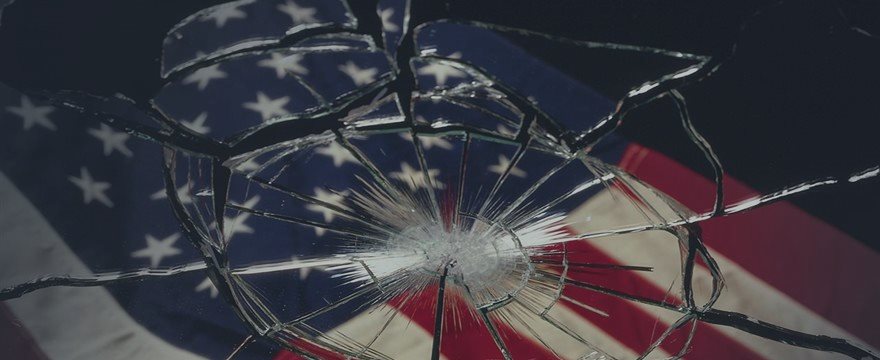
Experts: US economy looks tired and there are two reasons for that
While the US terminated 2014 in superman strength, the first quarter of 2015 indicated the economy is now tired.
Despite strong hiring, experts are starting to scale back their growth forecasts.
Federal Reserve chair Janet Yellen summed it up like this: "If underlying conditions had truly returned to normal, the economy should be booming."
Economists say there are two main problems. Workers' wages aren't growing much, thus Americans aren't spending much. And also, many foreign economies are shrinking, which puts pressure on the U.S.
The
U.S. added over 500 000 jobs in the first two months of this
year alone. That's a 50% increase from the same two-month stretch a year
ago when the Polar Vortex had much of America in a funk, says CNNMoney.
Health care, construction, the service sector and retail businesses - all sectors have seen a strong pick up. At the same time, the unemployment rate has hit its lowest mark in seven years, being down to 5.5%.
However, hourly wages only grew 2% in February. That's a marginal bump up, but
it's too little for most Americans to notice the recovery's progress.
It's also well below the Federal Reserve's roughly 3.5% goal.
Wages are typically the economy's last yardstick to move in the right direction. Some economists say there's a six month "drag" on wage growth compared to the unemployment rate. In other words, the wage growth we see now reflects the unemployment rate in in September (when it was 5.9%).
Analysts urge to pay attention to wage growth Friday as it's beginning to be as important a number as the unemployment rate because it's a good indicator of consumer confidence.
Signs of decline
Americans hardly go out and spend unless they feel confident about the future. There was hope that cheap gas would spur people to feel better about the economy and their pocketbooks. A gallon of gas was $3.53 a year ago. Now it's $2.42, according to AAA.
But a lot of people are still holding onto that savings. Retail sales and construction on new homes both missed estimates in February. The latest numbers on manufacturing are also weaker than expected.
"Most of it was due to the inclement weather we had... I think that kept a lot of shoppers at home," says Bernard Baumohl, chief economist at the Economic Outlook Group, a research firm.
Baumohl sees the economy
rebounding in the second quarter - much as it did last year. But
shoppers - and investors - are in a "wait and see" mode right now.
Companies are also sitting on record levels of cash - a sign they might not be feeling confident enough to spend big.
Analysts forecast that first quarter earnings for S&P 500 companies could be down 4.6% from the same quarter last year, according to FactSet Research. That would be the first earnings pullback in about two years. It has investors on edge, which is why the Dow is negative for the year and S&P 500 is flat.
Still slow around the globe
Europe is just starting to move its economy in the right direction after years of going at a stumbling pace. Japan is still in deflation and fears are emerging its stimulus plan isn't working. Greece is still a problem and Yemen faces a grave crisis.
But the most disturbing facors for an economic perspective are China's slowdown and the strong dollar. China's economic growth was basically breaking the sound barrier the last few years. Now it's just cruising at a lower altitude, which means there's less demand for U.S. exports to China.
The U.S. dollar is on its fastest rise in 40 years, making U.S. goods more expensive than foreign ones. While it's a good news for American travelers, major U.S. employers like Microsoft (MSFT, Tech30) and Caterpillar (CAT) suffer.
All the volatility coming from overseas is shaking the U.S. stock market. Add on the dollar dilemma, sluggish consumer outlook and, of course, Fed rate hike fears and this year is quickly shaping up to be a rocky rollercoaster ride.
"We still have a long way to go," says Laurence Ball, an economics professor at Johns Hopkins University.


